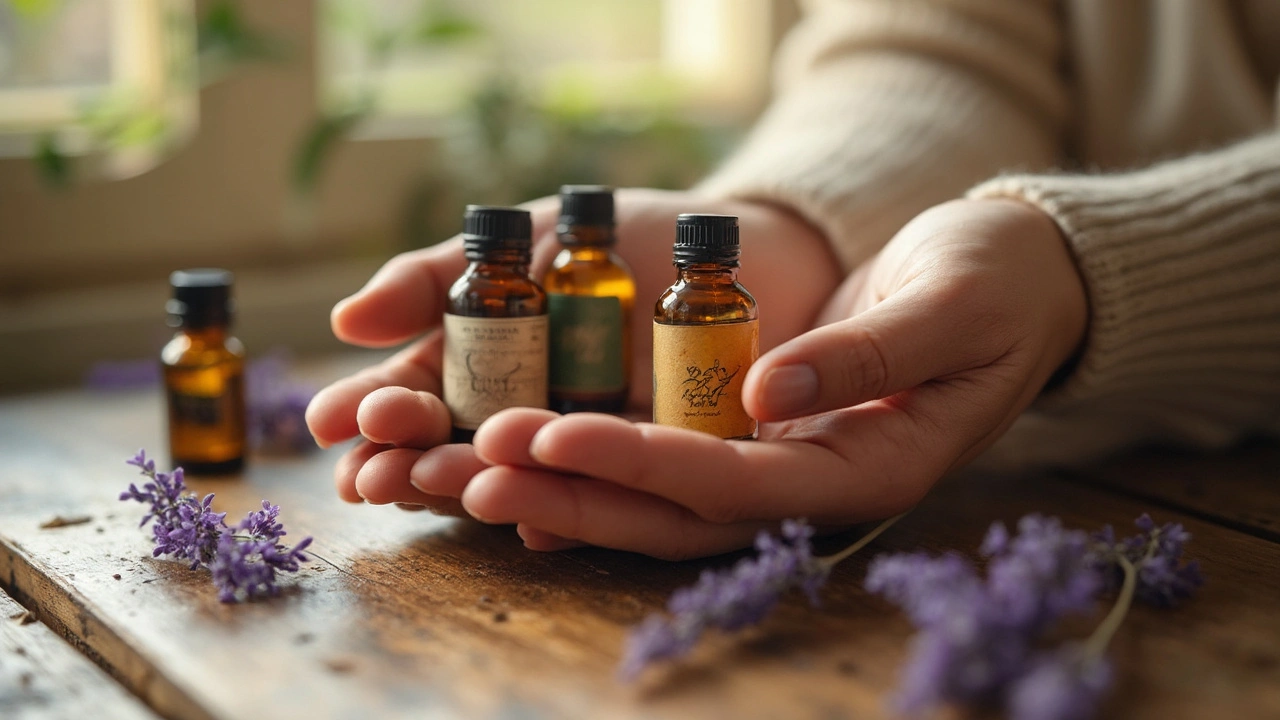Skincare: Simple, Safe Tips and Practical Product Advice
Your skin reacts fast to stress, sleep and what you use on it. Small, consistent changes beat dramatic routines. Here are clear, useful steps to make your skin look and feel better without wasting time or money.
Daily basics that actually work
Start with a gentle cleanser twice a day. Don’t scrub hard — use your hands and lukewarm water. Follow with a moisturizer that matches your skin type: lighter gels for oily skin, creamier formulas for dry skin. If you have sensitive skin, pick fragrance‑free formulas and test a small area first.
Sunscreen is non‑negotiable. Use broad‑spectrum SPF 30 or higher every morning, even on cloudy days. Reapply after sweating or swimming. Sunscreen prevents sun damage, dark spots, and speeds up visible aging.
Use active ingredients slowly. Try one new product at a time so you can see how your skin reacts. Key actives to know: retinoids (anti‑aging and acne), vitamin C (brightening), niacinamide (barrier repair and redness), and hyaluronic acid (hydration). Start retinoids at low frequency—once or twice a week—and build up.
Exfoliate gently. Chemical exfoliants (AHA/BHA) are usually kinder than rough scrubs. Use them once or twice a week depending on your skin. Over‑exfoliating causes irritation and more oil production, so less is often more.
Prescription meds, supplements and buying safely
Some skin issues need a pro. If you have persistent acne, sudden rashes, intense itching, or wounds that won’t heal, see a dermatologist. Prescription options (topical retinoids, topical antibiotics, corticosteroids, or oral meds like antibiotics or isotretinoin) can be very effective but need guidance and monitoring.
Thinking about supplements? Some support skin health—omega‑3s for inflammation or zinc for acne—but they’re not magic. Tell your doctor about any supplements before starting them, especially if you’re on other meds.
Buying meds online: only use pharmacies that require a prescription for prescription drugs, show a real address and phone number, and display valid licensing. Avoid sites that sell prescription medicines without a prescription or pressure you with too‑good‑to‑be‑true prices. If in doubt, call a local pharmacy or ask your doctor for a trustworthy option.
Quick routine example: Morning — cleanser, vitamin C serum (if used), moisturizer, SPF. Evening — cleanser, retinoid or treatment (alternate nights if new), moisturizer. Keep routines short and consistent; your skin adapts slowly, so give products 6–12 weeks before judging results.
Finally, sleep, hydration, and a balanced diet matter. Cut down on smoking and limit heavy sugar and processed foods if you notice breakouts. Track what works and what doesn’t, and don’t hesitate to consult a dermatologist for persistent or troubling issues.

The Benefits of Essential Oils for Chapped Skin
Discover how essential oils can be a game-changer for chapped skin. Get insights into the best oils to use, how they work, and tips on application for maximum relief. Learn the science behind these natural wonders and how they nourish and heal damaged skin. If you're tired of dry, cracked patches, these oils might be just what you need.
